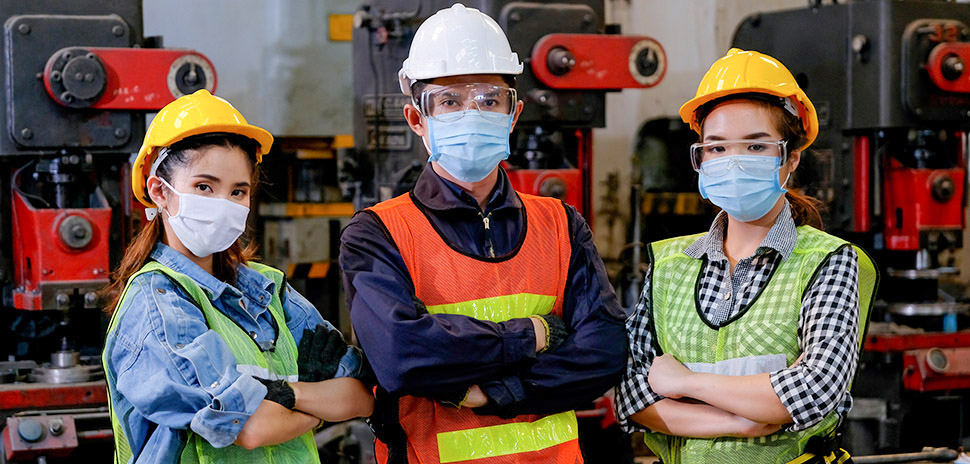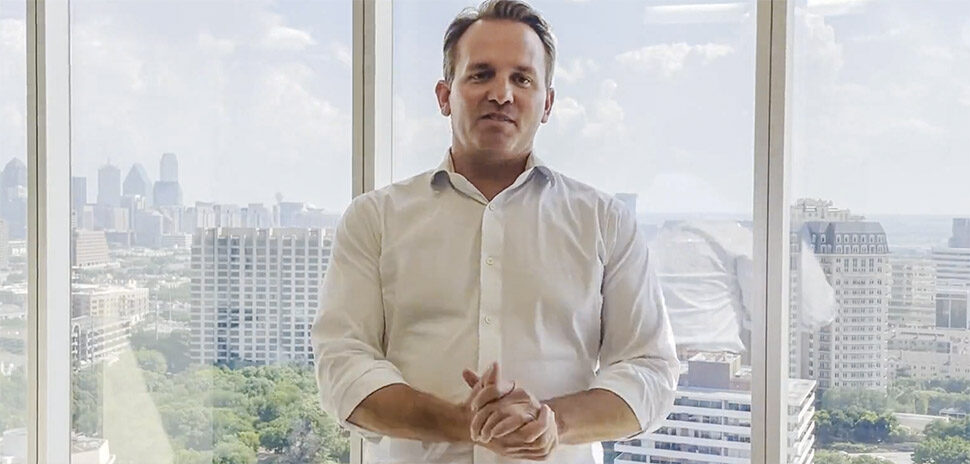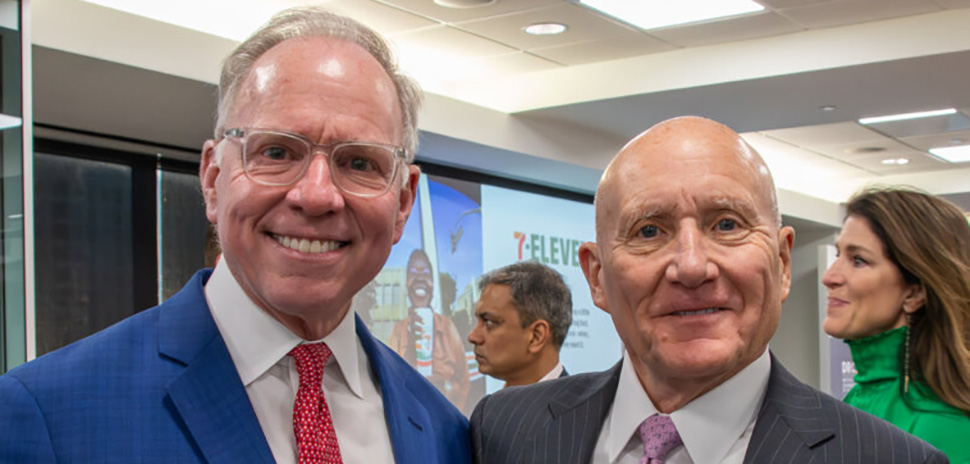As Texas continues phased reopening, many businesses are faced with the challenge of safely resuming operations in the physical workspace.
The Dallas Regional Chamber hosted five sessions on a responsible return to the workplace as part of its Future of Work and Business programming. Each session focused on a specific facility type from essential businesses that never closed (construction, manufacturing, and distribution) to high-touch service industries (hospitality, retail, and transportation) to office environments.
Speakers included infectious disease experts, state emergency response leaders, business leaders, attorneys, and HR executives. Below are key learnings:
Communicate often and foster a culture of compliance
During crises and periods of rapid transformation, regular communication with employees builds trust and transparency, creates a sense of safety, and enables management to refine policies.
“We found it very beneficial to directly ask all of our team members how they were feeling about their readiness to return to the workplace,” said Alison Braman, senior VP of Human Resources at Hilti North America. “That feedback was really critical for us to then be actionable and adjust some of our approaches and decisions as we plan our reboarding.”
Reboarding informs employees of new policies such as physical distancing measures, self-screening processes, and new social norms in the workplace, while also fostering a culture of compliance and accountability among staff. Employers should remain flexible and allow continued work from home.
From a liability standpoint, Locke Lord advises that businesses formally write their return-to-work plan.
Approach changes to physical space in cycles
While many businesses explore completely re-envisioning the workplace, basic adjustments and technologies go a long way.
“It’s not necessarily about density. It’s about how we manage that density through the workspace,” said Jo Heinz, principal at global design and architecture firm DLR Group. “We need to approach this in cycles. Radical, fast changes are not necessarily the right changes.”
Following safe distancing and hygiene is the primary concern. Immediate design changes may include dividers between cubicles and offices, and removal of furniture. Innovation will redefine workspaces, from software that counts a room’s occupancy and artificial intelligence cameras that monitor social distancing to handsfree thermal scanners and UV or electrostatic cleaning equipment.
Determine your organization’s role in testing and tracing
Employers are screening and collecting more personal health information than before, while also making accommodations such as offering COVID-19 testing.
Measures may include daily temperature checks, questionnaires on employee health, encouraging sick employees to stay at home, and implementing self-quarantine policies for employees that may be infected. Organizations should identify their role in the collection, storage, and management of employee health data.
For more best practices and facility-specific guidelines, visit the DRC’s Future of Work & Business page.
A version of this story first appeared on the Dallas Regional Chamber site. Dallas Innovates is a collaboration of D Magazine Partners and the Dallas Regional Chamber.
![]()
Get on the list.
Dallas Innovates, every day.
Sign up to keep your eye on what’s new and next in Dallas-Fort Worth, every day.






























